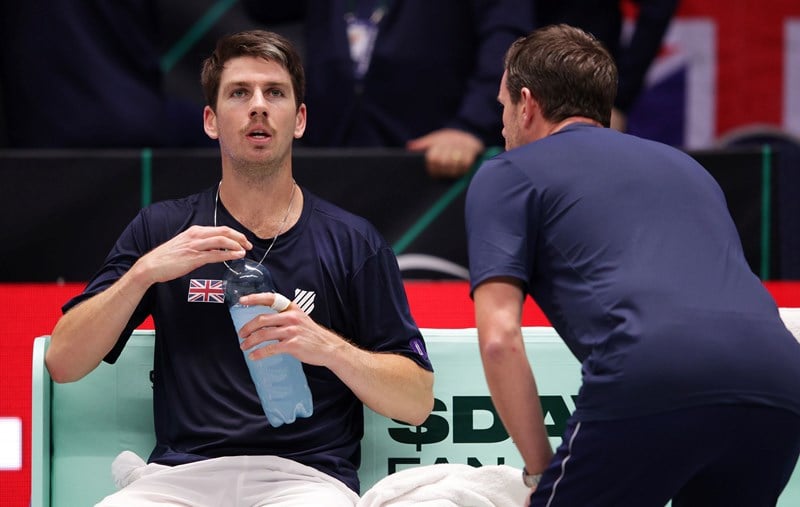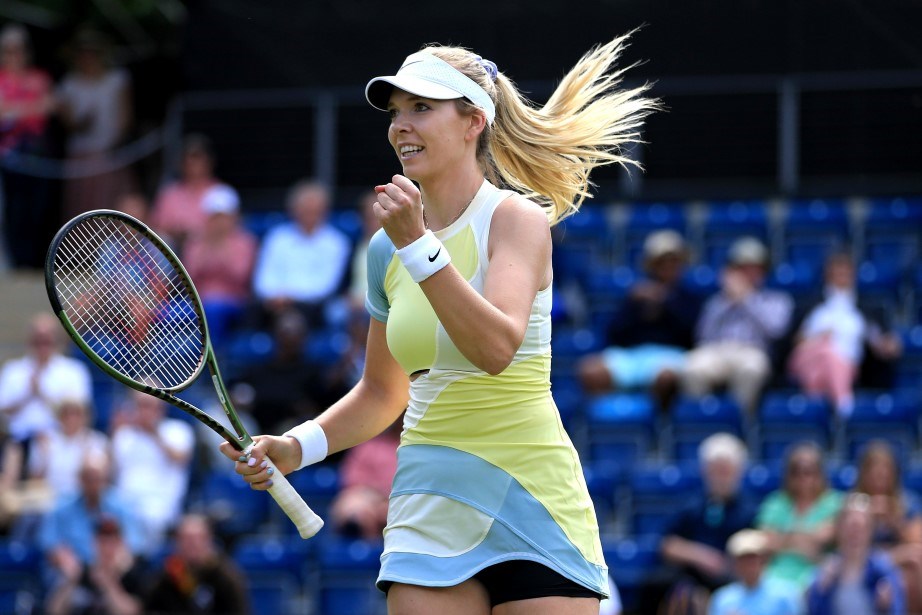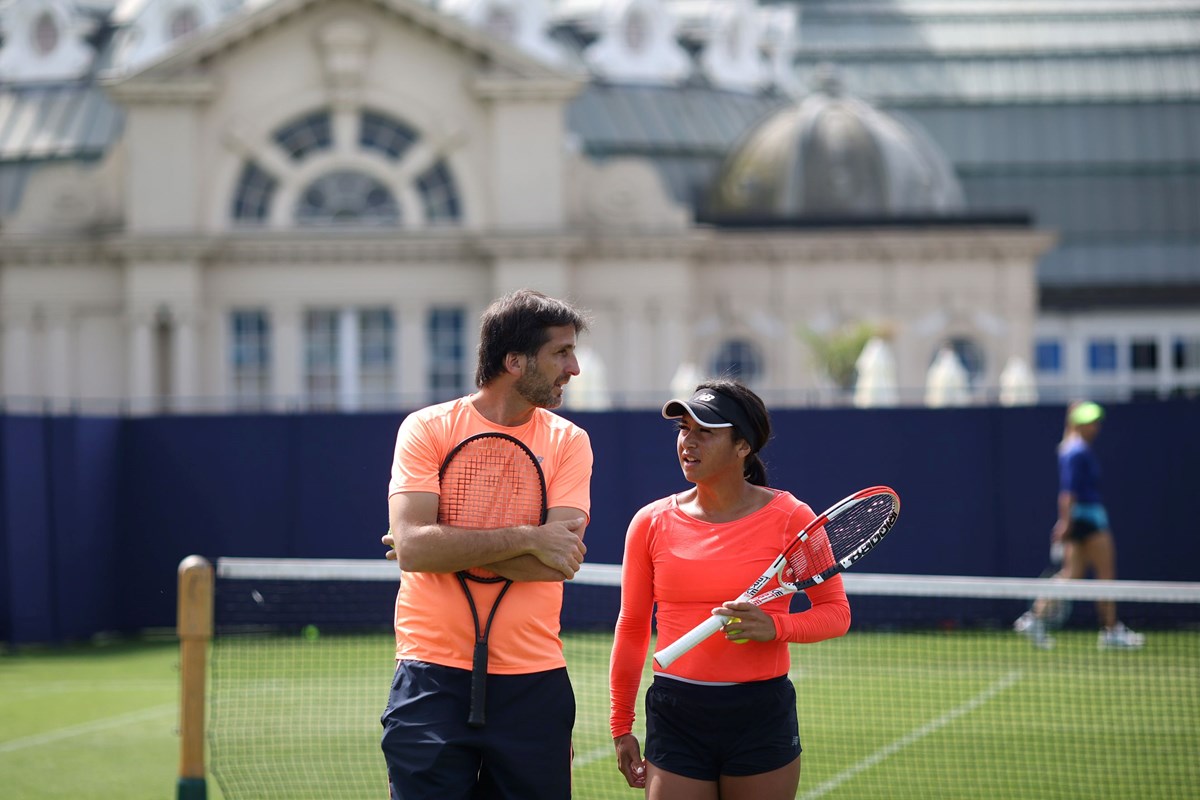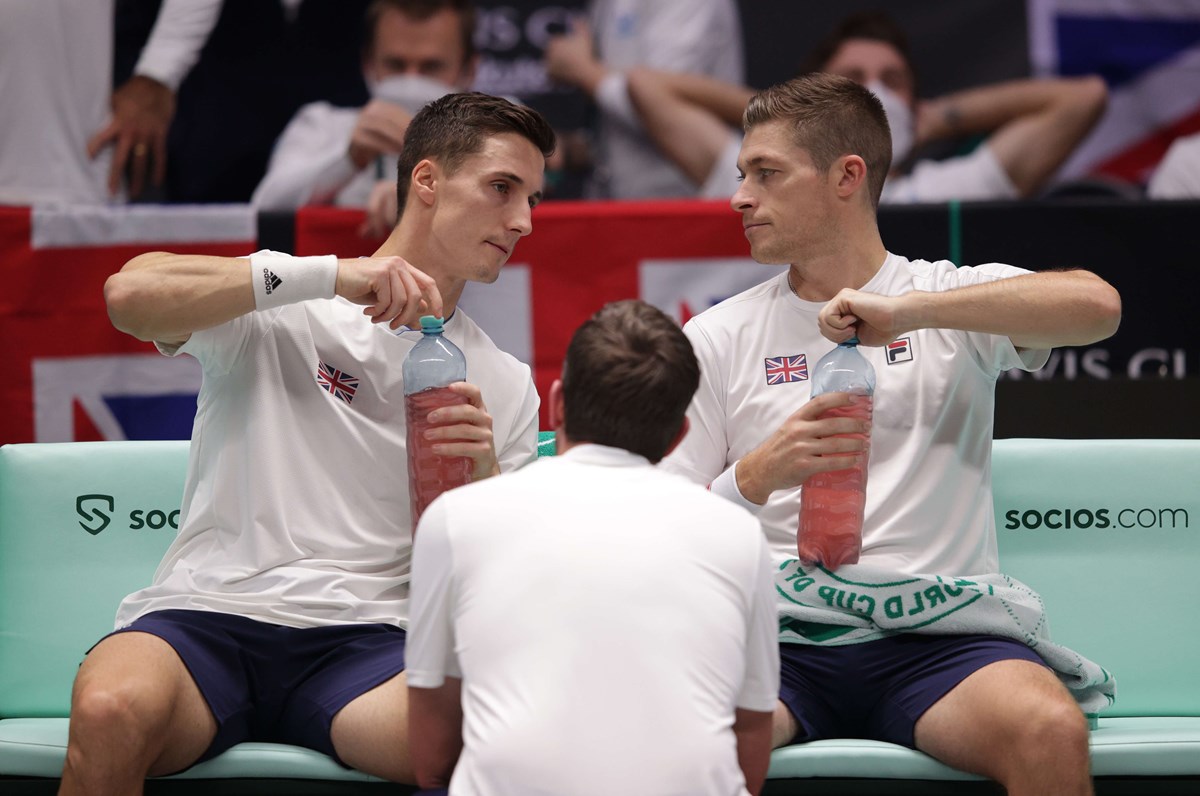Insight
Psychology: The biggest space on a tennis court is between the ears

It is a phrase used by mentors around the world as they look to train the mind of a player with to same level of perfection as their forehand, backhand or first serve, with the mental strength of an elite performer often defining their success when pressure is applied.
Sports psychologists were once viewed with suspicion by elite athletes, yet times have changed to a point where they are now seen as an essential element of a backroom team. At the LTA we're ensuring Britain’s tennis stars have access to some of the best in the business, working alongside the Changing Minds group to ensure as well-prepared as possible for the battles that lie ahead.
Players who are part of the Pro Scholarship Programme - the highest level Player Pathway scheme that includes the likes of Jack Draper and Katie Boulter - and the Men’s and Women’s Programme all have access to sports psychologists as they work on taking their game to the next level.

In the opinion of Matt Thompson, who is one of the Changing Minds experts working with British players, the one-on-one nature of tennis ensures this sport serves up one of the more challenging mental battles in sport.
“The spotlight is on you as an individual and it doesn’t switch off in this sport,” begins Matt, who has extensive experience working with elite athletes. “So many aspects of tennis present a challenge and as an individual sport, the demands are raised.
“With the tennis players we work, we often refer back to the importance of having a secure base around you. The people who you really care about offering consistent, unconditional support, whether parents, coaches, partners, that is your secure base and it needs to be right for you to feel secure in your environment. Because everyone is competing at a seriously high level, usually it is the people who can express themselves the best that will perform best, so a secure base is key.
“We take a person-first approach to where they are now. Everyone we deal with is physically fitand the level of coaching is at the highest level so the psychological side of the game can be the difference between winning and losing.
“The average point in a match lasts eight seconds and there are 20 seconds in between each point. How a player uses that time in between points can be crucial to their hopes of success.
“When you get on court, you are on your own. It is a very athletic, physical chess game and you are trying to figure out how you can get to the end successfully. Our brain drives everything and tennis is relentless.
“Unless you are the best player in the world, you lose a lot of the time. That is hard to accept when you are at such a high level in your sport.”
Our brain drives everything and tennis is relentless.
Lena Kessler works alongside Thompson and the LTA staff offering a comprehensive sports psychology service to players and she suggests outside pressures can play a big role in the stability of an athlete on court.

“There are common challenges in how all players manages the noise around them on a tennis court,” says Lena. “Things move faster than many other sports. There is pressure from areas you might not think about.
“Dealing with the media and pressure over whether they will get funding all adds to the pressure of match situations, as does what it means to players and how desperate they are to win.
“It’s all about finding ways to cope with the pressures to cope with what they can control to give them their best chance of performing. We help all players manage the stresses that come with performing and give them strategies to cope.”
For sports psychologists to succeed in their mission, they need to have a deep understanding of the athlete they are working with and that goes well beyond the court.
“I wouldn’t necessarily use something I’d read on the internet unless they want to explore it as the relationship develops and it feels appropriate,” continues Leena.
“We embark on a story capture process with all players and get to understand them as best we can by looking at the system around them. That involves talking to parents, current coaches and former coaches to get a full picture for what their journey is and what that player needs to get to where they want to go.”

Matt echoes these sentiments, as he suggests players will only gain the full benefit of psychological assistance if they are fully open to the concept.
“The hardest bit is trying to understand the person,” he added. “We don’t really have the answers. If someone approaches us with a problem such as lack of confidence we don’t say ‘here you go, here’s the answer’. It’s not like that.
“Each person is a jigsaw puzzle. They’ve got all the pieces, but we don’t know where they go. So we need to understand them, speak to their coach or parent, and that information allows us to see what the full picture is and where the gaps in the puzzle might be.
“You have to gain their trust. No one cares what you know until they know that you care. It is an important message for anyone working with athletes.”
The British players hoping to shine at this year’s US Open will need every weapon in their armoury to be firing on all cylinders, with the battle of the mind likely to play a huge role in the final outcome.
